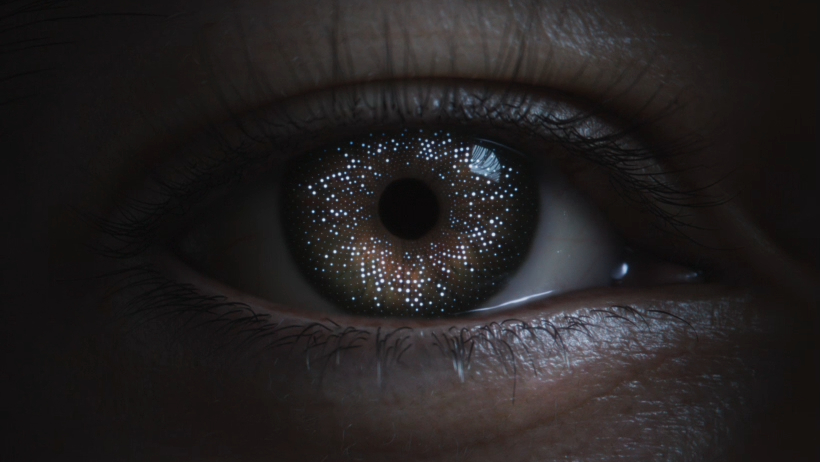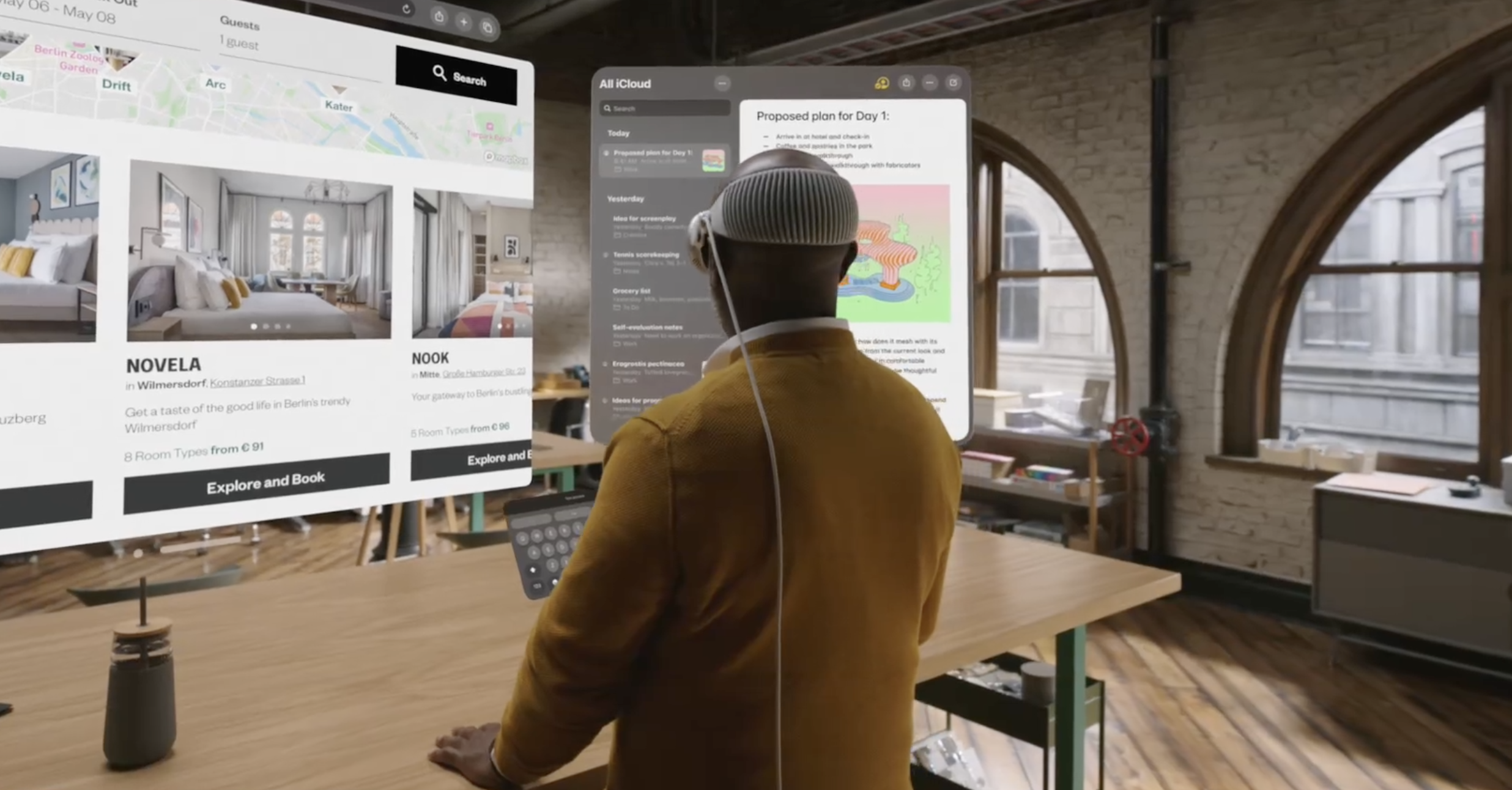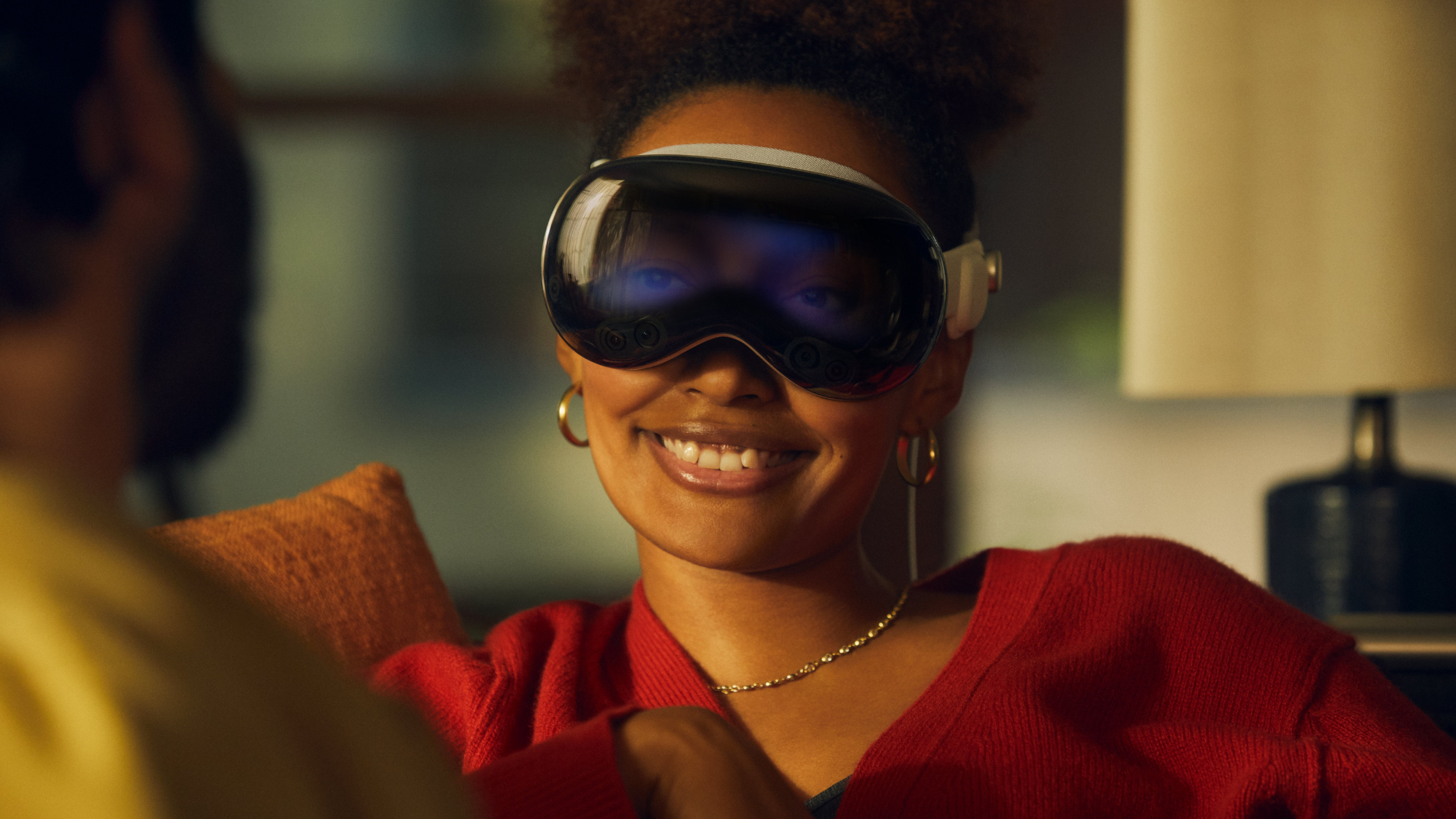
With Apple Vision Pro fast approaching, you might well be wondering how Apple Vision Pro Privacy stacks up to the rest of Apple’s lineup.
Apple Vision Pro will launch on February 2. Apple’s first foray into the world of augmented and virtual reality is a $3,499 spatial computing headset with two 4K displays, immersive environments, and electric entertainment potential.
Apple Vision Pro is an incredibly personal device that you literally have to wear on your face to use. As such, you’ll be pleased to know that Apple has given the same attention to privacy, safety, and security as it does with all of its products. Apple continues to tout privacy as a hallmark feature in all of its products, and Apple Vision Pro is no different.
Apple’s new headset benefits from many of the privacy measures offered across its ecosystem, as well as some specific constraints unique to Vision Pro.
Apple’s privacy protections extend to Vision Pro

The Apple Vision Pro will feature its very own App Store for downloading games and software. You’ll need an Apple ID to use Vision Pro, which will help protect a lot of your personal data when it comes to buying and downloading apps, making purchases, and more.
Apple Vision Pro features many of Apple’s existing apps that already have built-in privacy protections. Safari features privacy features including Passkeys, Intelligent Tracking Prevention, Privacy Reports, Private Browsing, and more.
Apps like Photos will be protected by the same measures that encrypt data stored in iCloud and prevent third-party apps from accessing your data without your permission. iMessage and FaceTime conversations will all be end-to-end encrypted, and Siri requests will keep personal information on-device, and use random identifiers to protect information that is sent to Apple’s servers.
Apple hasn’t released any specific documentation on Apple Vision Pro Privacy, but it’s a safe starting point to assume that all of Apple’s mainstay privacy features, where applicable, will extend to Vision Pro. Apple’s website states “Like every Apple product and service, Apple Vision Pro was designed to help protect your privacy and keep you in control of your data. It builds on the foundation of existing Apple privacy and security features with new technologies.”
Apple Vision Pro privacy features

Apple has explicitly highlighted a few new features that improve and ensure privacy on Apple Vision Pro. The first of these is Optic ID, which uses iris scanning technology to authorize purchases and unlock passwords within visionOS, much like Face ID. As you might expect, the Optic ID data is encrypted, doesn’t leave your Vision Pro device, and is only accessible to the Secure Enclave Processor, much like Apple Pay card data stored on an iPhone. This means the data is never stored on Apple’s servers.
Apple Vision Pro features 12 cameras, five sensors, and six microphones that capture data to deliver its potent immersion. Apple says this is all processed “at the system level”, ensuring that individual apps “do not need to see your surroundings to enable spatial experiences.”
Apple Vision Pro also relies on eye input for some of its controls, highlighting and selecting elements in the UI based simply on where you are looking. According to Apple, Eye input “is not shared with Apple, third-party apps, or websites,” and only “your final selections are transmitted” when you make a selection.
Apple Vision Pro also includes a camera for capturing spatial photos or video. There’s a visual indicator on the front of the device that will notify other people through Eyesight when the camera is being used “to make it clear to others when a user is capturing a spatial photo or video.”
No privacy qualms here
No device offers users 100% privacy or peace of mind, but Apple’s ecosystem generally tends to come closer than most rivals, and Vision Pro looks set to benefit from Apple’s same standard of focus. So if you are in the hunt for one, you can rest assured that Apple has made the experience a private one.







